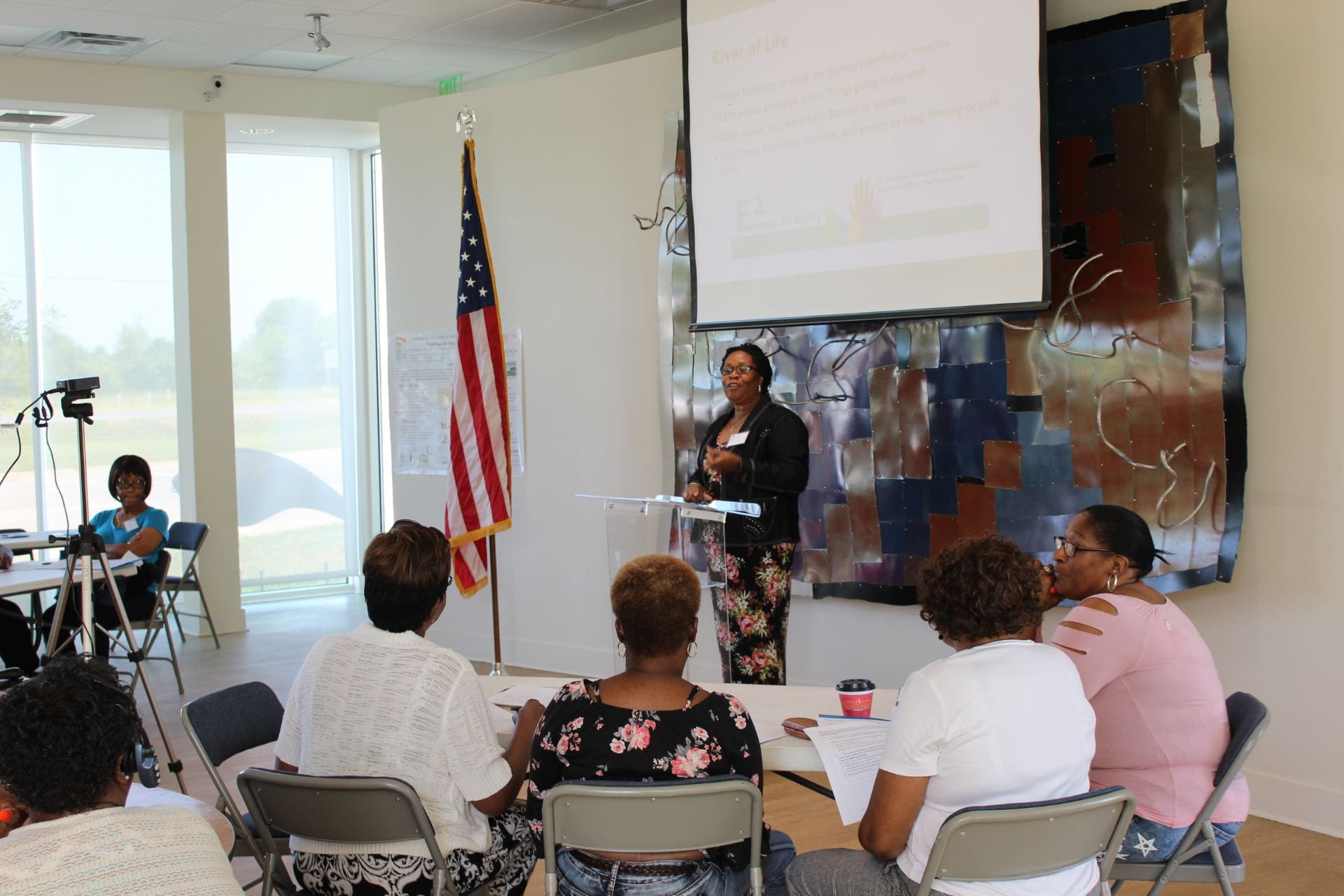Center for the study of community health
About Us

Jeff Walker, Center Director
Founded in 1993, the UAB Center for the Study of Community Health is one of the 26 Prevention Research Centers across the US funded by the Centers for Disease Control and Prevention. The Center focuses on reducing health risks among underserved populations throughout the state of Alabama and plays a leading role in the development of community-based participatory research (CBPR) at the University of Alabama at Birmingham (UAB).
One of the original awardees and continuously funded since 1997 by the UAB UWIRC Program, the Center offers a unique prevention research environment that involves Center Scholars from each of UAB’s schools and the College of Arts & Sciences, including clinicians, social and behavioral researchers, health-related professionals, and community leaders who are collaborating to improve the lives of Alabamians and others around the world.
The Center has as its geographic focus a defined rural region (the Alabama Black Belt) and an urban setting (Birmingham-Hoover MSA). Three primary community partnerships have developed as a result of the Center’s educational, research, and service activities in communities that make up these regions. With support from the Center, the West Central Alabama Community Health Improvement League (WCACHIL), Congregations for Public Health (CPH), and Birmingham United Neighborhoods (BUN) formed infrastructures that enabled them to incorporate as nonprofit organizations.
To expand support for our core research project and other initiatives in the urban setting, the Jefferson County Community Participation Board provides ongoing, broad-based community input and guidance in planning and implementation of Center research, education, and service activities.

The current core intervention research project, CHEER (Community Health through Engagement and Environmental Renewal), came out of 12 months of meetings with city residents, who defined their key community needs as blight reduction and children’s future success. CHEER builds on observational studies by the Center and others demonstrating that youth risk behaviors are associated with family and neighborhood adversities.
CHEER will test causal hypotheses in a randomized controlled trial that evaluates the independent and combined effects of a family system intervention and a community system intervention compared to a wait-list control. The project will recruit parent–youth pairs from 8 Birmingham neighborhoods to examine and improve adversities at the family and community levels on primary outcomes of improved social norms, social cohesion, and collective efficacy, along with reduced early and risky sex and externalizing and internalizing behaviors among youth.
The UAB Center for the Study of Community Health is a member of the Prevention Research Centers (PRC) Program and is supported by the Centers for Disease Control and Prevention Cooperative Agreement number U48/DP006404.


